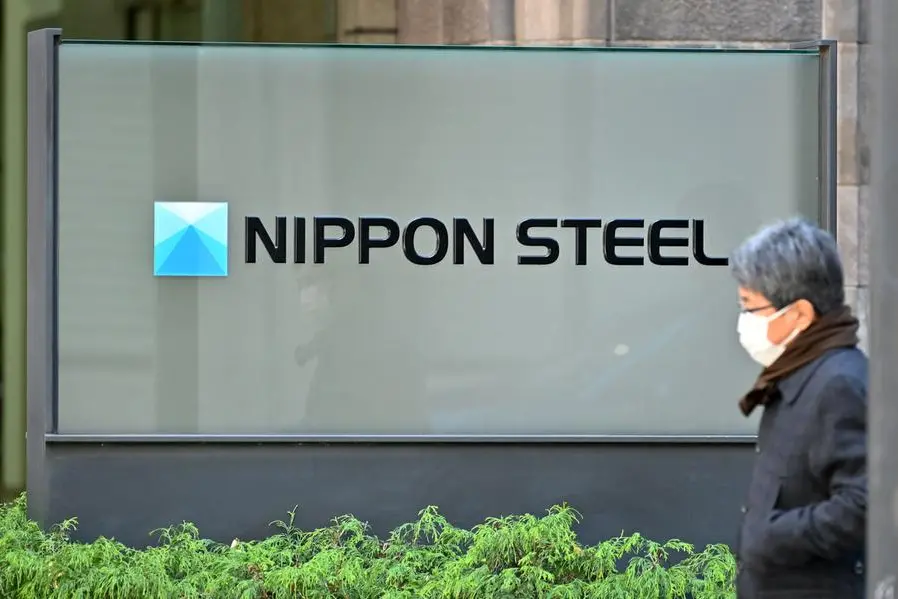PHOTO
U.S. Steel said on Wednesday an arbitration board had ruled in favour of Nippon Steel's $14.9 billion buyout of the company, but that the United Steelworkers union (USW)disagreed with the decision.
The board, jointly selected by the company and the union to settle disputes, ruled that U.S. Steel had satisfied each of the conditions of the successorship clause in its basic labour agreement with the USW.
"The arbitrators accepted at face-value Nippon Steel's statement that it would assume the Basic Labor Agreement," USW said.
The union said the decision did not change its opposition to the deal.
In a statement, Nippon Steel said: "We remain focused on forging a productive relationship with the USW, which includes fulfilling our commitments that go far beyond what is currently required in the existing BLA,", referring to the basic labour agreement.
The deal has faced political opposition since it was signed last December. Democratic presidential candidate Kamala Harris and her Republican challenger Donald Trump say they support keeping U.S. Steel as an American-owned company.
Nippon Steel agreed to pay a hefty premium to clinch the deal for U.S. Steel on a bet that it could benefit from U.S. President Joe Biden's infrastructure spending bill.
Earlier this month, U.S. Steel warned that a failure to conclude the deal would put thousands of U.S. union jobs at risk and signalled that it would close some steel mills and potentially move its headquarters out of the politically important state of Pennsylvania.
Nippon Steel President Tadashi Imai told reporters on Thursday in Tokyo that the U.S. Committee on Foreign Investment (CFIUS) had extended its review of the deal until the end of December, or until after the Nov. 5 presidential elections.
He said the extension was not necessarily a reason to be overly optimistic and the company continued to seek dialogue with the USW as it aimed to close the deal by the end of December.
With regard to Imai's comments on CFIUS, a Nippon Steel spokesperson later said: "Due to confidentiality of obligations, we have requested that this comment be withdrawn."
(Reporting by Utkarsh Shetti in Bengaluru; Katya Golubkova and Ritsuko Shimizu in Tokyo; Editing by Deepa Babington, Stephen Coates and Neil Fullick)




















